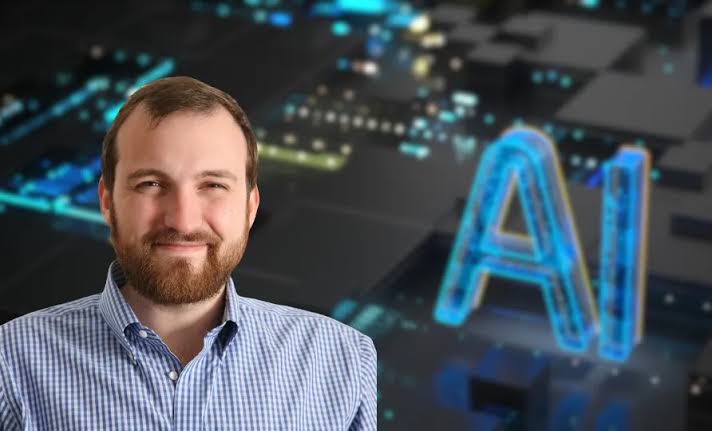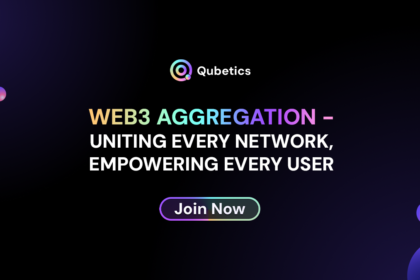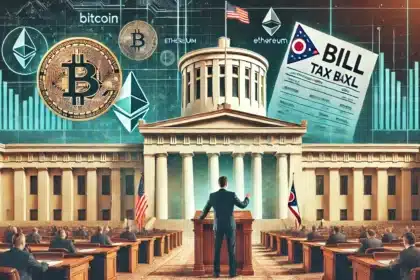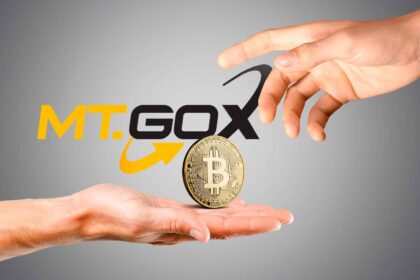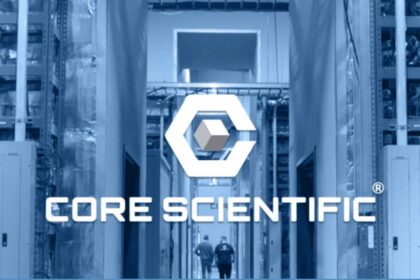Charles Hoskinson, co-founder of Cardano, has expressed deep worries about the potential for AI to be used as a censorship tool and the risks associated with selectively training artificial intelligence.
Thus, the Charles Hoskinson AI censorship concerns highlight the conflicts that arise when new technology interacts with the power held by giant tech corporations.
Charles Hoskinson AI Censorship Concerns: Censorship in the Age of Artificial Intelligence
In today’s society, artificial intelligence (AI) is becoming increasingly pervasive, extending its reach from virtual agents to decision-support systems that influence crucial economic and policy-making processes. Thus, the issue of AI censorship is more pertinent than ever. Charles Hoskinson, representing major cryptocurrency platforms and blockchain technologies, has raised concerns about the manner in which leading technology companies are developing certain AI programs.
Hoskinson raised concerns about the concentration of power among a few corporations leading the development of AI. He pointed out that companies such as OpenAI, Microsoft, Meta, and Google are responsible for the data and guidelines that govern AI algorithms. In his statement, he remarked, “This means certain knowledge is forbidden to every kid growing up, and that’s decided by a small group of people you’ve never met and can’t vote out of office.”
Hoskinson has highlighted the potential for these AI systems to be selectively trained, which could suppress or filter information based on specific agendas. This practice can subtly shape public discourse and policy decisions, significantly impacting the transparency and fairness expected in a digitally driven world.
AI censorship isn’t about outright denying access to information but is more insidious. It involves algorithms that can subtly prioritize or deprioritize content, which can influence public opinion or the visibility of certain issues. This, Hoskinson argues, is where the danger lies. It’s not just about the information that AI can provide but also about what it might systematically exclude without clear accountability.

Charles Hoskinson AI Censorship Concerns: Implications for Bitcoin and Ethereum Communities
Hoskinson’s concerns resonate with Cardano enthusiasts and across the broader cryptocurrency community, including Bitcoin (BTC) and Ethereum (ETH) supporters. These leading cryptocurrencies rely heavily on technology and digital advancements, and their ecosystems could be significantly affected by the AI policies enforced by tech giants.
For instance, selective AI training could manipulate the visibility of news or updates related to BTC and ETH, potentially affecting market dynamics and investor decisions. This form of censorship could limit users’ exposure to critical updates or diverse viewpoints, leading to a less informed public.
Amidst these challenges, platforms like The BIT Journal are crucial. They provide a balanced perspective in the latest crypto news, ensuring that developments in the BTC and ETH arenas and emerging concerns like AI censorship are presented accurately and without undue influence from external entities.
Charles Hoskinson AI Censorship Concerns: The Way Forward
The call from Hoskinson for more transparent and less biased AI training practices should be a wake-up call for the industry. It suggests a need for a regulatory or ethical framework that could guide the development of AI technologies to prevent censorship and promote a balanced portrayal of news and information.
It is also essential to educate the public about how AI works and the potential biases in its training. As users become more aware of how AI systems are trained, they can better understand and potentially question the outputs they are presented with.
In conclusion, while AI holds the potential to revolutionize our digital landscape, it also poses significant challenges that need to be addressed. Charles Hoskinson’s concerns about AI censorship and selective training practices highlight the need for more accountability in AI development. Ensuring that AI systems are trained without inherent biases and are not used as tools for censorship will be crucial in maintaining the integrity and trustworthiness of digital and technological advancements.



